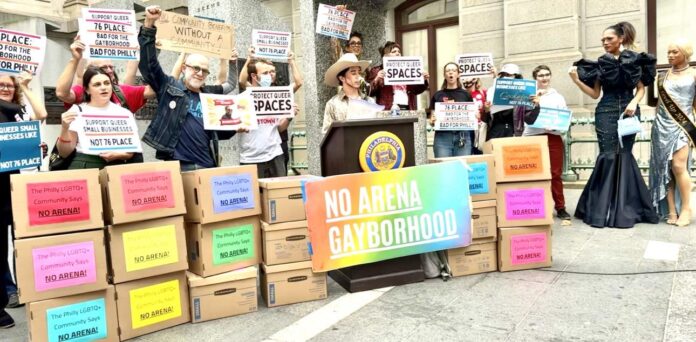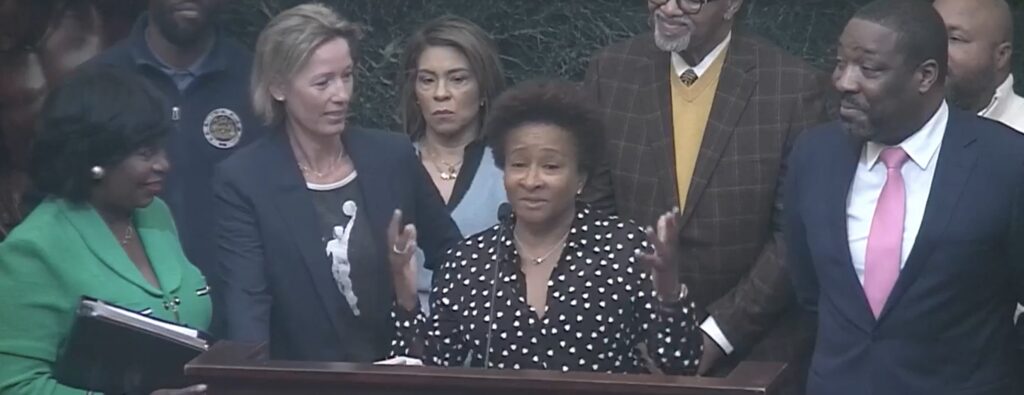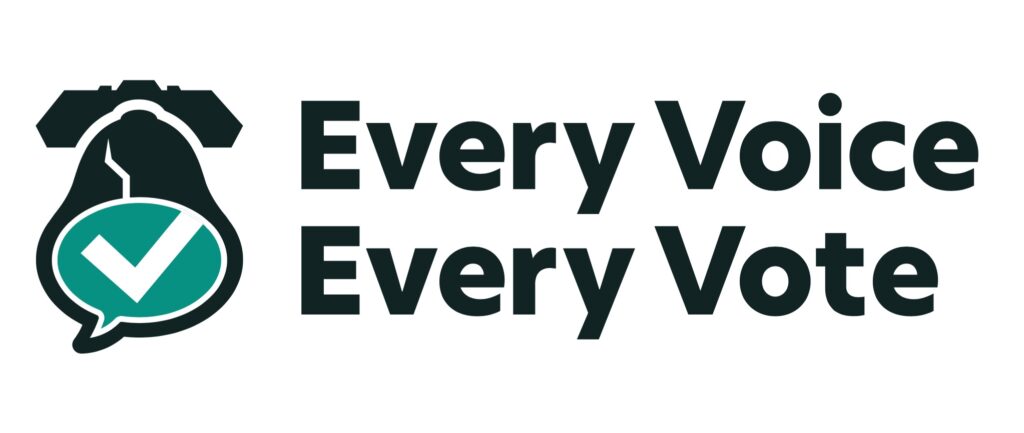
“This is a curveball that none of us saw coming,” said Mayor Cherelle Parker at a press conference on Jan. 13, where it was announced that the 76ers wouldn’t build the 76 Place arena in downtown Philadelphia after all.
The decision comes less than a month after the city approved a different project that would have placed the arena at the edge of the Gayborhood and Chinatown — a building that activists connected to the LGBTQ+ community, Chinatown, and Jefferson Hospital adamantly opposed.
“I’m sure it seems confusing that one day we are celebrating City Council approving legislation for Market East arena and a month later, we’re here celebrating a new arena to keep the Sixers in the sports complex in South Philly,” admitted David Adelman — lead developer of 76 Place, the proposed Market East arena, who also co-owns the 76ers.
Adelman said that he “learned something” throughout the two-and-a-half-year process leading up to the project’s approval, including, he said, that “no matter how careful and thoughtful we are, there will always be opposing ideas.”
Those opposing ideas — especially questions and comments offered by marginalized community stakeholders — did not feel respected or considered by those who presented them. A study was never conducted to learn about the project’s potential impact on the Gayborhood, and issues raised by LGBTQ+ advocates weren’t addressed in any formal proposals or community benefits agreements. Although a handful of city councilmembers met with No Arena activists, they said Parker never took a meeting.
“It didn’t have to be like this,” said Mohan Seshadri, executive director of Asian Pacific Islander Political Alliance at a press conference immediately following the mayor’s. Seshadri underlined that Parker and city councilmembers should have listened to community stakeholders who tried to tell them this would not be the right site for the project rather than telling them to “give up, shut up, and go away.”
A new period of planning and negotiations will now commence as potential options for a new sports complex in South Philadelphia and next steps for Market East are developed. Comcast previously shared an alternative proposal that would turn Market East into a biomedical center — but any intentions to continue pursuing this plan were not announced. Although the Sixers seemed set on ending their relationship with Comcast — which owns the facility the team currently rents — when they proposed the downtown arena, the two will be working together on both aspects of the new project.
The change in approach came as a shock. Parker — who was a strong proponent for the downtown arena — attempted to dampen blowback about the spectacle that occurred as she pursued the project with a second announcement.
“Mayor Parker, as you well know, this past July, you came to New York and met with me at the NBA offices — and you made your goals crystal clear,” said Adam Silver, NBA commissioner, via video conference that was live-streamed at the event. “You told me that in addition to ensuring that the 76ers continue to play in a world-class arena in Philadelphia, you expressed a strong desire to bring a WNBA team to the city.”
Silver stated that Comcast and the 76ers would also partner in a bid to bring a women’s basketball team to the city.
“I don’t think our odds could be any more favorable than the position we’re in right now,” said comedian and actor Wanda Sykes, who was present at the press conference with her wife Alexandra Niedbalski, about the bid.

Sykes and Niedbalski live in the Philadelphia suburbs part-time and are longtime WNBA and women’s sports advocates. Since 2021, the pair has been lobbying for a Philadelphia team — meeting with celebrity investors who have connections to the city and working with Parker to develop a plan.
Parker underlined that this is not a done deal but hopes that the shift in the arena project coupled with movement on WNBA possibilities will be a “win-win-win-win” for the city.
“No matter how Mayor Parker tries to spin it, this was never a WNBA bid,” said Katie Garth of No Arena Wash West at the press conference organized by No Arena activists. “It was a colossal waste of time.”
“All of us made compromises to do the right thing by Philly,” said Josh Harris, co-owner of the Sixers, at the close of Parker’s event.
“You can depend on [Mayor Parker and City Council President Kenyatta Johnson] to do the right thing by the city,” he underlined.
But not everyone feels that Parker or city councilmembers have earned their trust.
Parker said that those waiting for information about the new arena proposal can use the prior 76 Place agreement that was just negotiated as a foundation to build their expectations — but the plan that was approved by City Council was not a plan that affected community members signed off on.
“As we enter this new phase of city planning, we sure hope that our elected officials have got the message that the community should be at the table and should be centered in city planning decisions,” Seshadri said.
Seshadri underlined that the coalition members are ready to fight on behalf of all neighborhoods “to ensure that this is a city that works for everybody.”
“We remain committed to ensuring that any development on Market East includes input and direction from the surrounding communities, specifically Chinatown and the Gayborhood,” echoed Emily Goddard of No Arena Gayborhood, who told PGN about the group’s intention to continue staying vigilant.
Those gathered at the press conference highlighted that this kind of land grab and gentrification is not isolated to downtown areas and urged leaders and advocates to learn more about what’s happening across Philadelphia. The city-wide activism that emerged in response to the downtown arena proposal are now connected and ready to mobilize on behalf of adjacent anti-gentrification efforts.
“It doesn’t have to be my community to understand the importance of resisting the power of billionaires,” said Britt Alston of Alliance for a Just Philadelphia.
Although 76 Place opponents are celebrating the defeat of the downtown arena, they know it won’t be the last time they’ll have to fight for their communities. No Arena Gayborhood activists will be involved in “protecting Philly queer spaces and fighting harmful development in our communities however it manifests,” Goddard told PGN.
“Remember that those who voted for yes voted to destroy our community,” said Wei Chen, civic engagement director of Asian Americans United, who noted that those who voted in favor of the project “should be ashamed” to have done so.
“For over two years nonstop, City Council has been receiving loud and clear warnings from tens of thousands of Philadelphians who took time to call and write daily, to lobby and protest at City Hall, to march in the rain on weekends, and to testify late into the night on workdays,” said Apurva Tandon of No Arena Gayborhood. “Despite that, 12 of the 17 councilmembers still got bamboozled by billionaires!”
Many feel betrayed and have vowed to remember this stance during their next trip to the ballot box, promoting the next to oust those whose votes aligned with billionaire interests.
Five city council members are being lauded for their commitment to the marginalized communities who spoke out against the downtown arena. Kendra Brooks, Nicolas O’Rourke, Jeffery Young, Jr., Jamie Gauthier, and Rue Landau — the first openly LGBTQ+ councilmember — all voted against the proposal.
“They modeled the standard of integrity we should expect of every single public servant we elect,” Tandon said.
“We don’t yet know what else billionaires may propose for East Market Street,” she emphasized. “But we do know that community and neighborhood input and needs must drive any development across the city — and that we need to elect public servants who know who they work for.”
